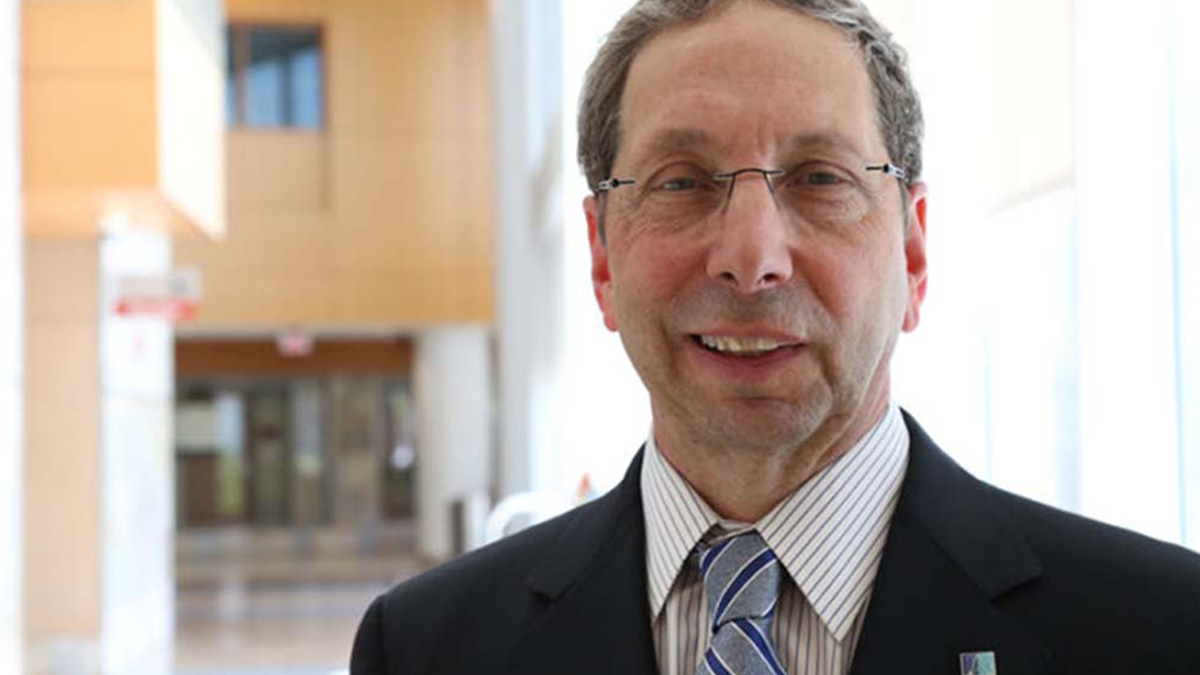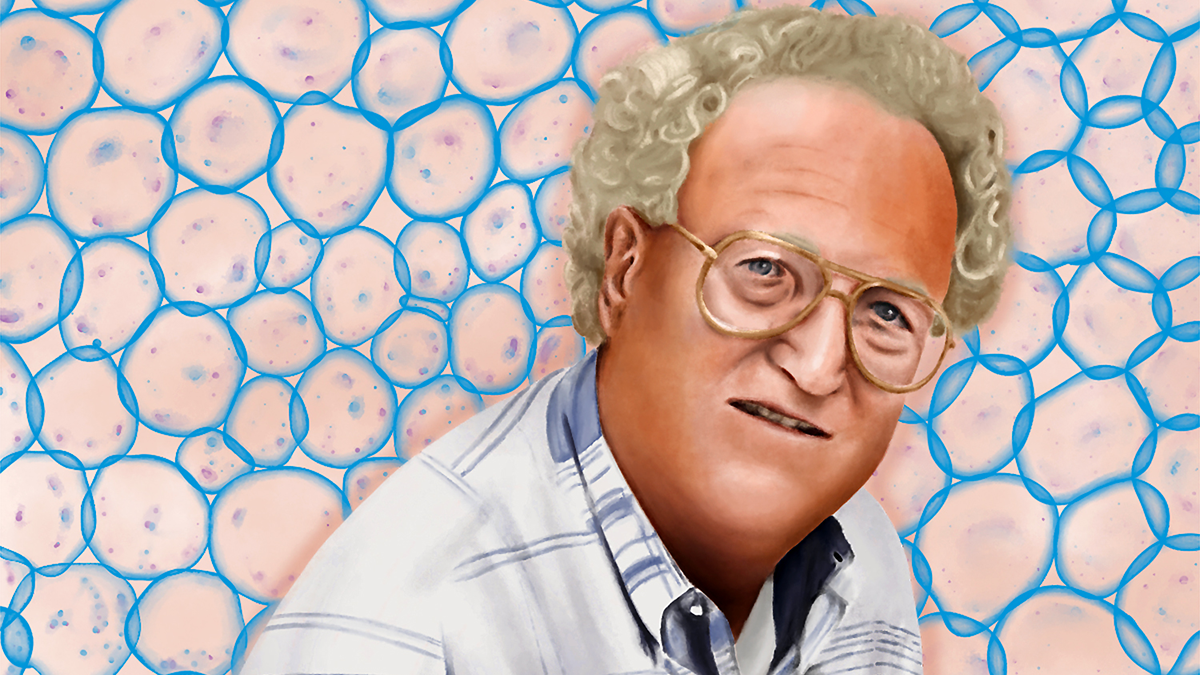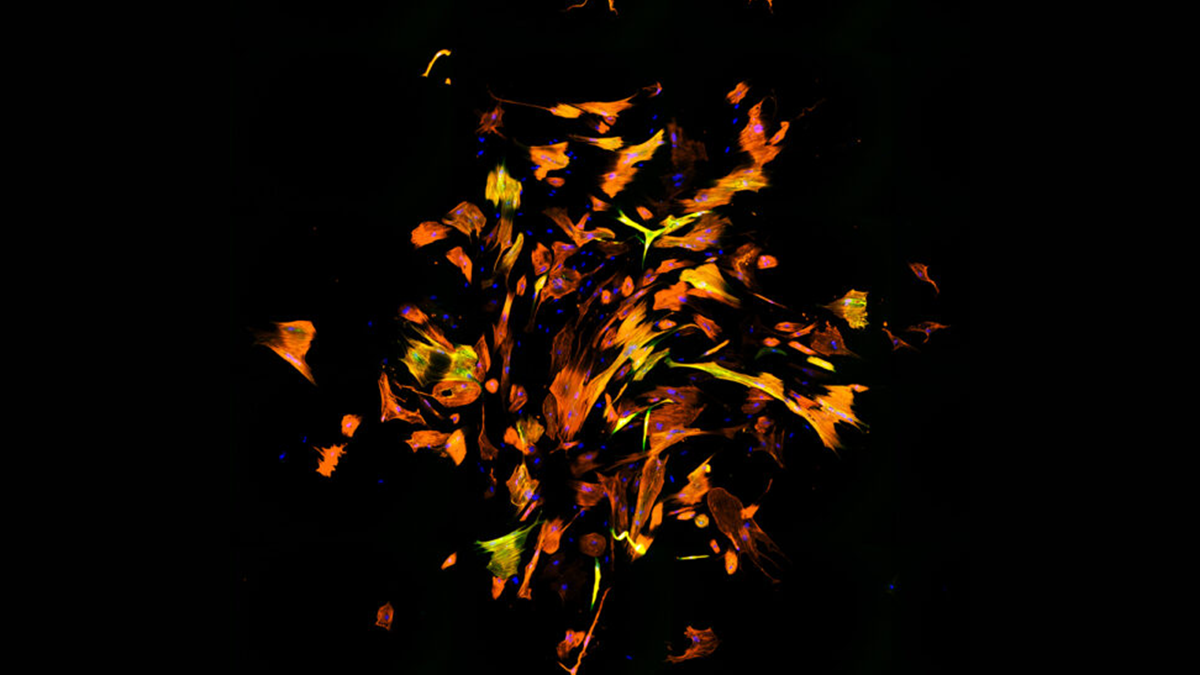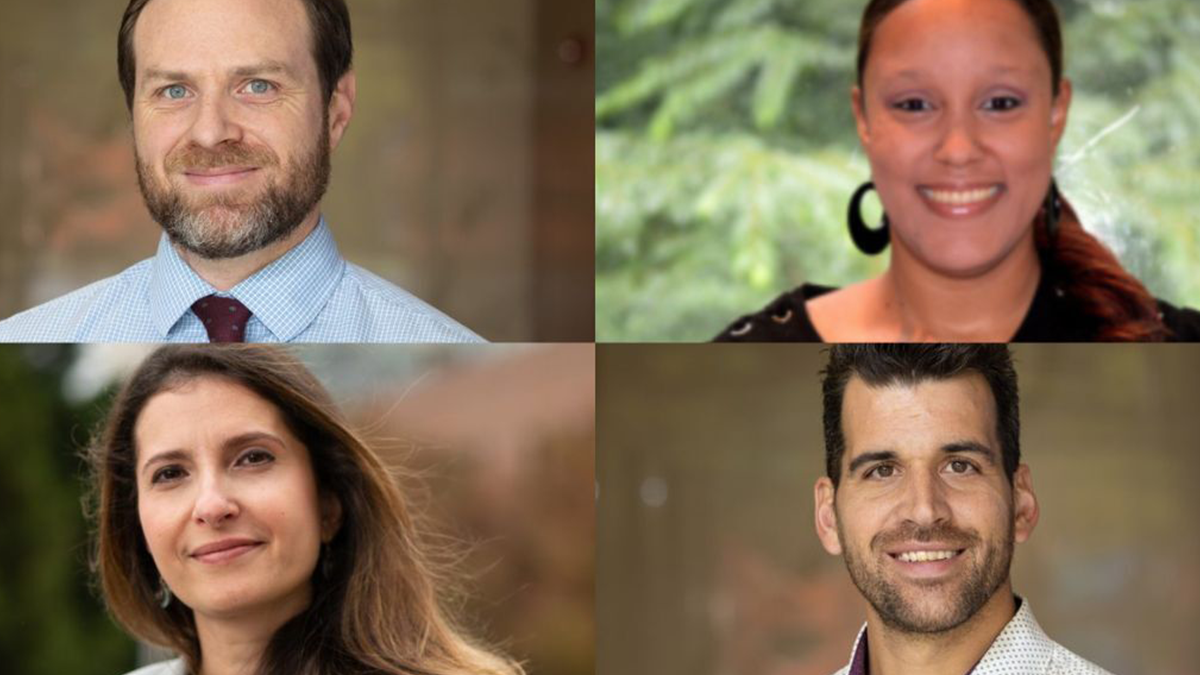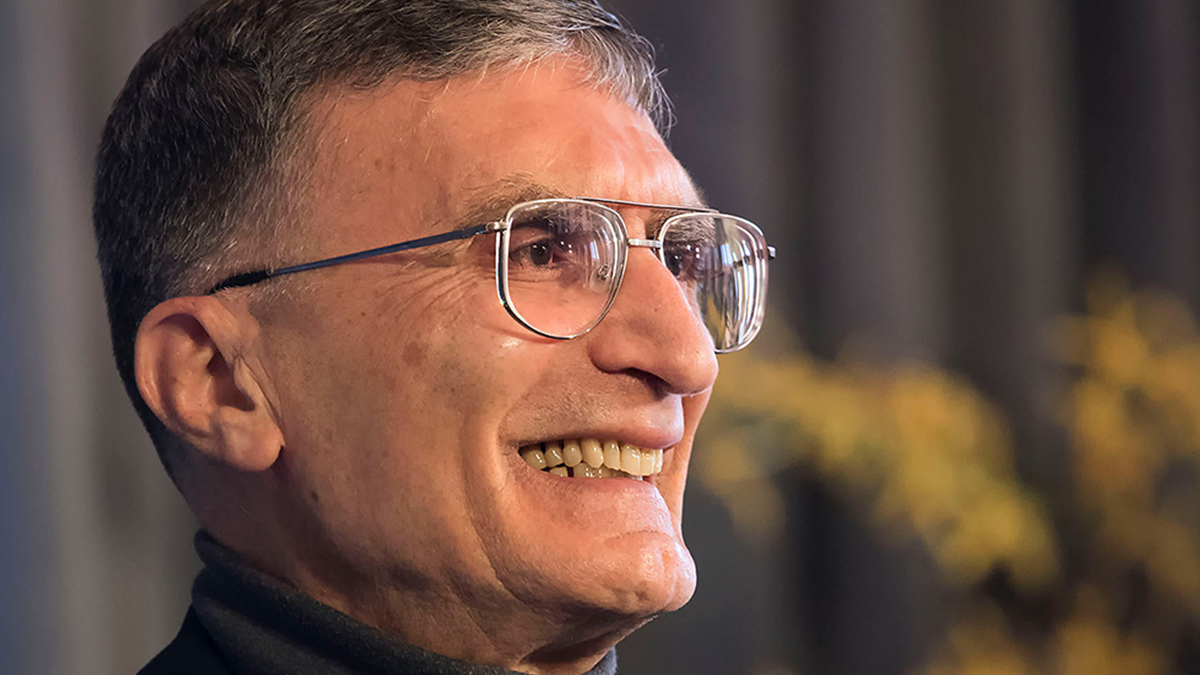In It for the Long Haul
Faculty at Carolina working to address cases of “long COVID”
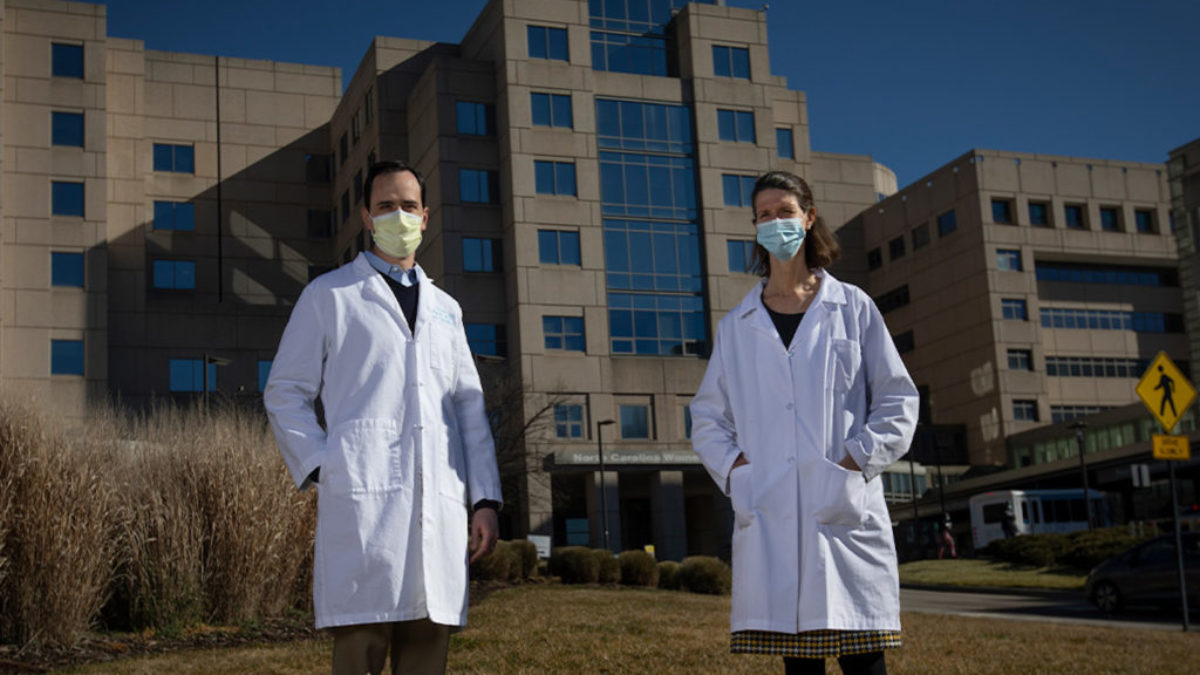
Faculty at Carolina working to address cases of “long COVID”
While COVID-19 symptoms typically only last a few weeks, some patients experience symptoms for months after infection.
This phenomena can be identified as post-acute sequelae of SARS-CoV-2 infectionOpens in new window, commonly called “long COVID,” and has affected as many as 8.4 million Americans. The reasoning for these ongoing issues is yet to be determined, and many doctors tend to dismiss it due to lack of familiarity.
To further treat and investigate this issue, faculty at Carolina have started the UNC COVID Recovery Clinic — where patients can get help for their ongoing symptoms and doctors can gather valuable data.
“I think there is a lot of fear associated with a COVID diagnosis and post-COVID symptoms,” said Louise King, an assistant professor in the UNC School of Medicine and the co-medical director of the clinic. “If we can help reassure and treat people it would be a huge benefit to them.”
Read the complete Carolina Story to learn more about the clinic…Opens in new window
